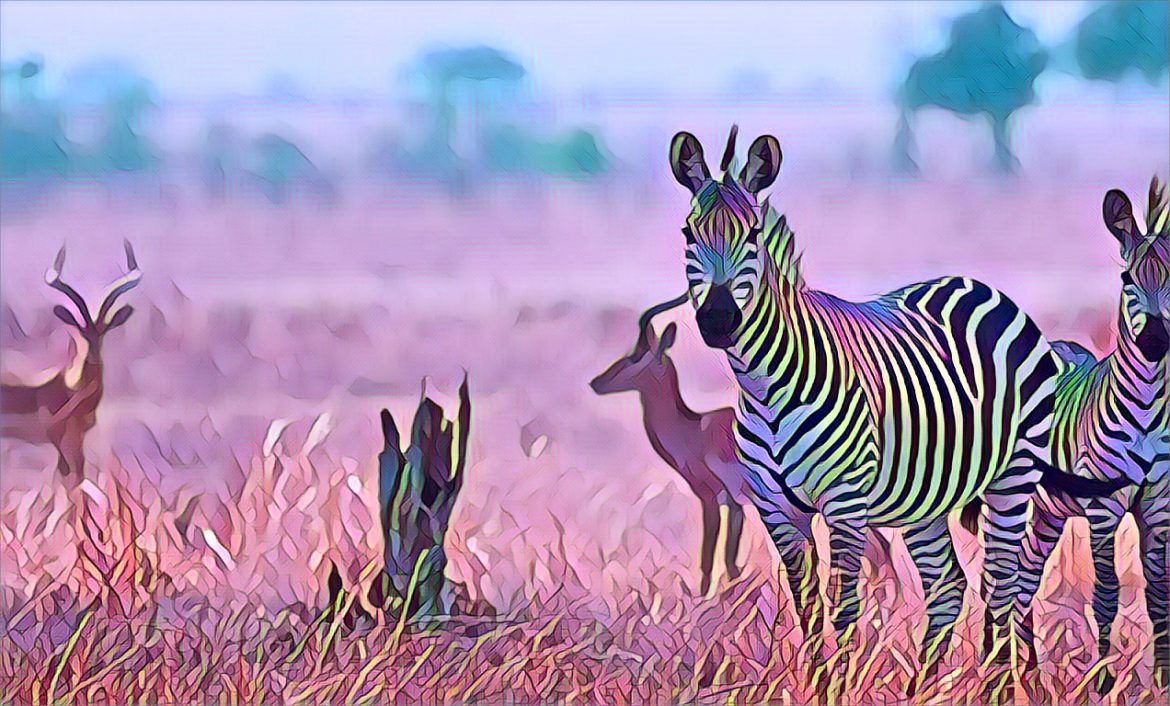Nigeria is a key player in the illegal trade of wildlife and forest products, according to a report by the United Nations Office on Drugs and Crime (UNODC). The report, released on Tuesday, reveals that Nigeria is a source, transit, or destination country for pangolin, ivory, and rosewood, among other products.
These products are sourced both from Nigeria and from other countries in the region, such as Cameroon, Gabon, the Central African Republic, the Democratic Republic of Congo, Liberia, Cote d’Ivoire, and the Benin Republic. According to UNODC’s World Wildlife Seizures Database, there are more than 1000 records between 2011 and 2020 that indicate Nigeria’s involvement in wildlife and forest crime.
The report also identifies border towns like Gaya in Niger, located close to the borders of both Nigeria and the Benin Republic, as a strategic site where wildlife products like elephant ivory and pangolin scales are kept before their import into Nigeria. Traffickers take advantage of festive and harvest seasons to move these illegal wildlife products, as authorities are less likely to search trucks during these high-volume periods when large quantities of animals and foodstuffs need to reach their destinations quickly.
The impact of wildlife and forest crime
The illegal trade of wildlife and forest products has a devastating impact on the environment, biodiversity, and human health. It threatens the survival of endangered species, such as elephants, rhinos, and pangolins, and contributes to deforestation, climate change, and habitat loss. It also poses a risk of transmitting zoonotic diseases, such as Ebola, SARS, and COVID-19, from animals to humans.
Moreover, wildlife and forest crime fuels corruption, violence, and insecurity, as armed groups and criminal networks profit from the illicit trade. According to the report, nine park rangers lost their lives in violent encounters with persons involved in illegal logging in the Gashaka-Gumti National Park in Nigeria. The report also suggests that increased enforcement activities at the Apapa Port in Lagos may have pushed traffickers to use other Nigerian ports, such as Onne and Calabar, to smuggle wildlife products.
The way forward
The report recommends a comprehensive and coordinated approach to combat wildlife and forest crime in Nigeria and the region. This includes strengthening the legal and regulatory framework, enhancing the capacity and collaboration of law enforcement agencies, raising awareness and education among the public and the private sector, and promoting alternative livelihoods and sustainable development for local communities.
The representative of UNODC in Nigeria, Oliver Stolpe, said that the report provides a baseline for understanding the scale and nature of the problem and offers practical solutions for addressing it. He also commended the efforts of the Nigerian government and its partners in tackling wildlife and forest crime, such as the establishment of the National Environmental Standards and Regulations Enforcement Agency (NESREA) and the Nigeria Customs Service’s participation in the Container Control Programme.
Stolpe also stressed the importance of international cooperation and information exchange, as wildlife and forest crime is a transnational and multidimensional issue that requires a global response. He said that UNODC is committed to supporting Nigeria and other countries in the region to implement the recommendations of the report and to protect their rich natural resources and biodiversity.
Despite the challenges and threats posed by wildlife and forest crime, there is also a ray of hope for the conservation and restoration of nature in Nigeria and the region. Several initiatives and projects are underway to protect and rehabilitate wildlife and forest habitats, such as the Great Green Wall, the Bonn Challenge, and the AFR100.
Source: Punch


